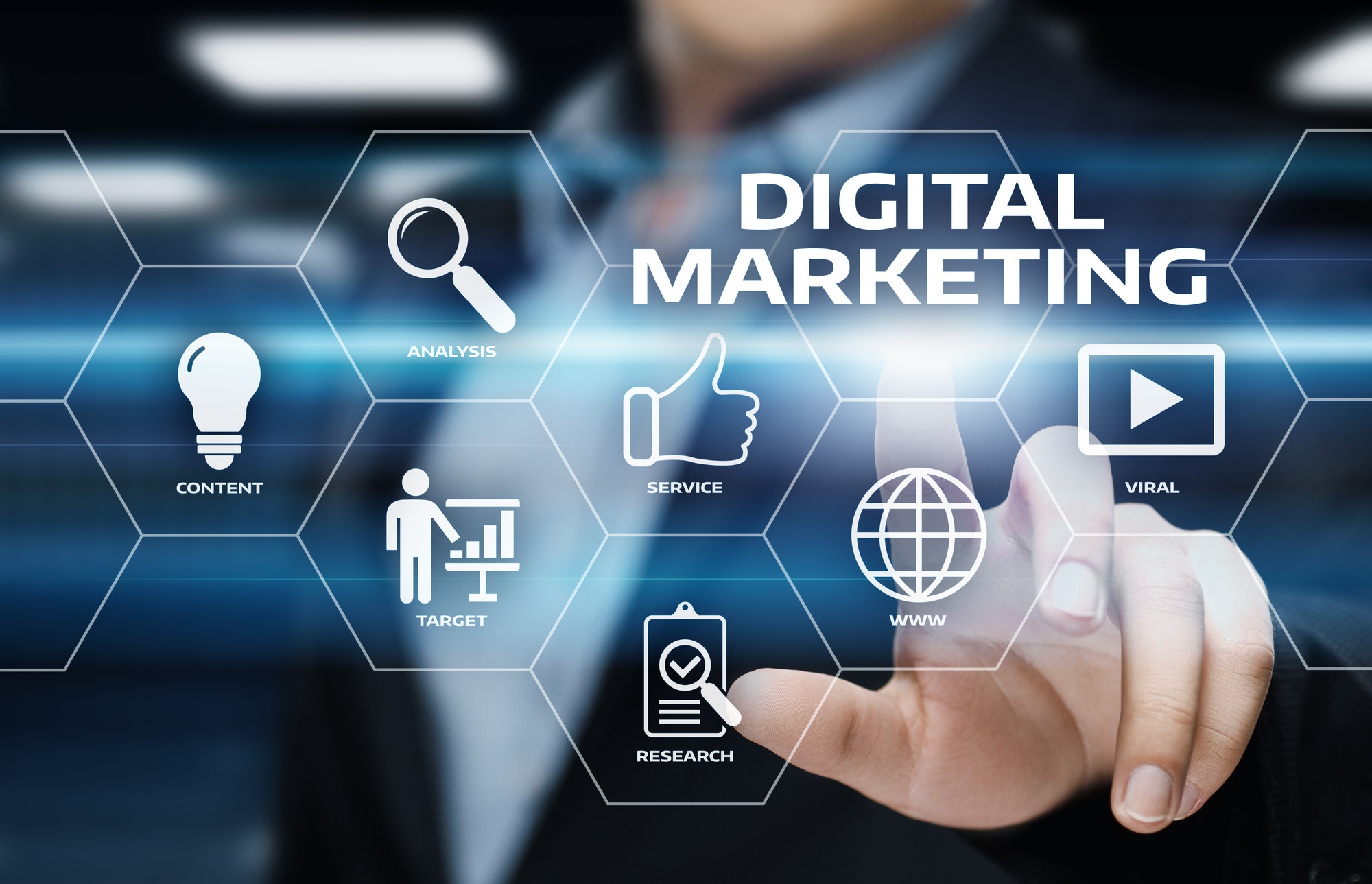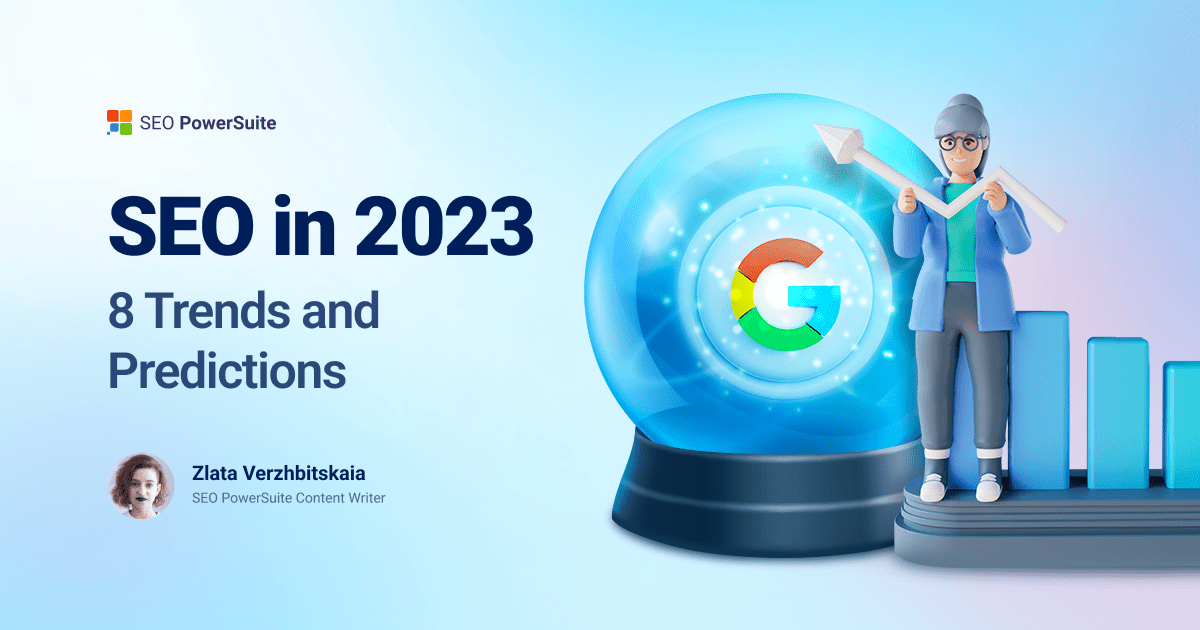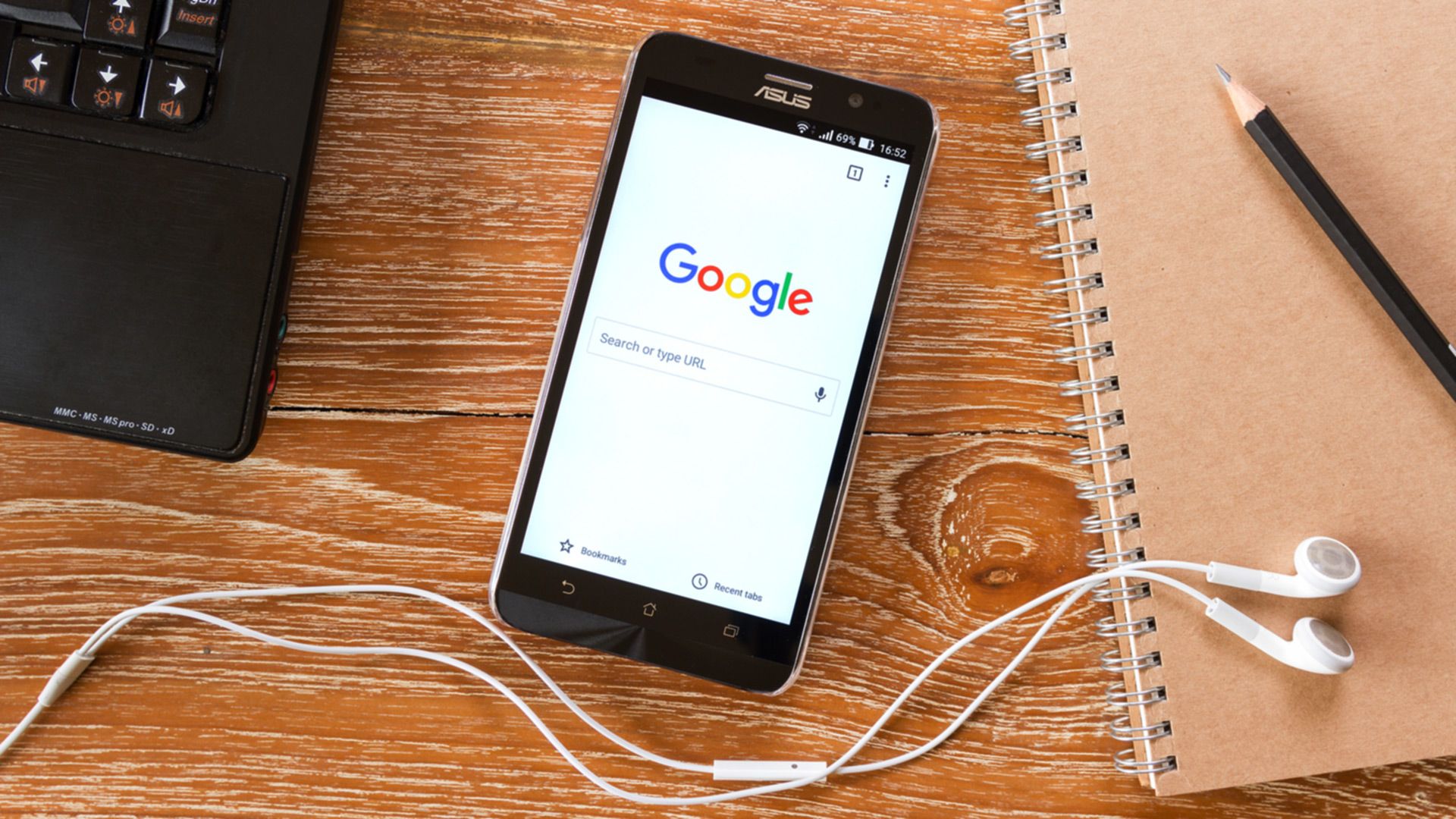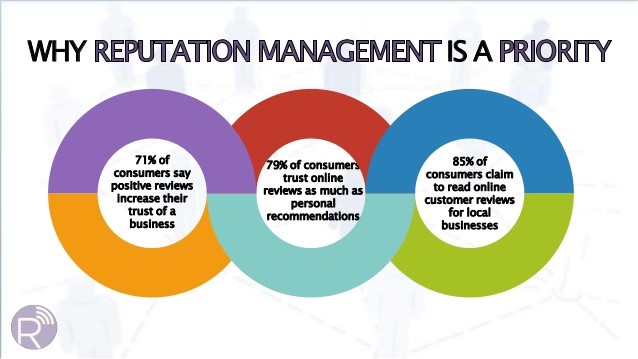Augmented Reality in Marketing: Engaging Customers in a Digital World
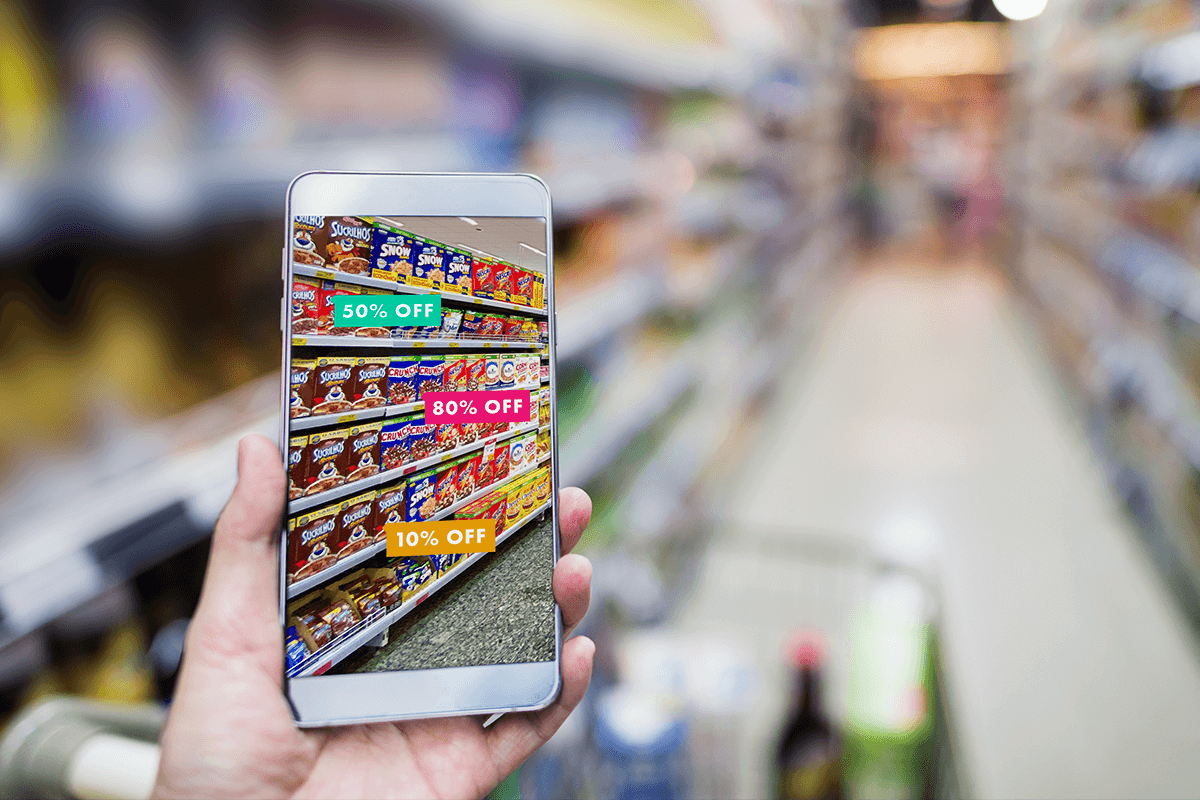
In the rapidly evolving digital landscape, marketing strategies are continually adapting to attract and engage customers. Among the latest advancements, augmented reality (AR) has emerged as a powerful tool for brands seeking to create interactive and immersive experiences for their target audience. By overlaying digital information onto the real world, AR transforms marketing campaigns into captivating and memorable encounters.
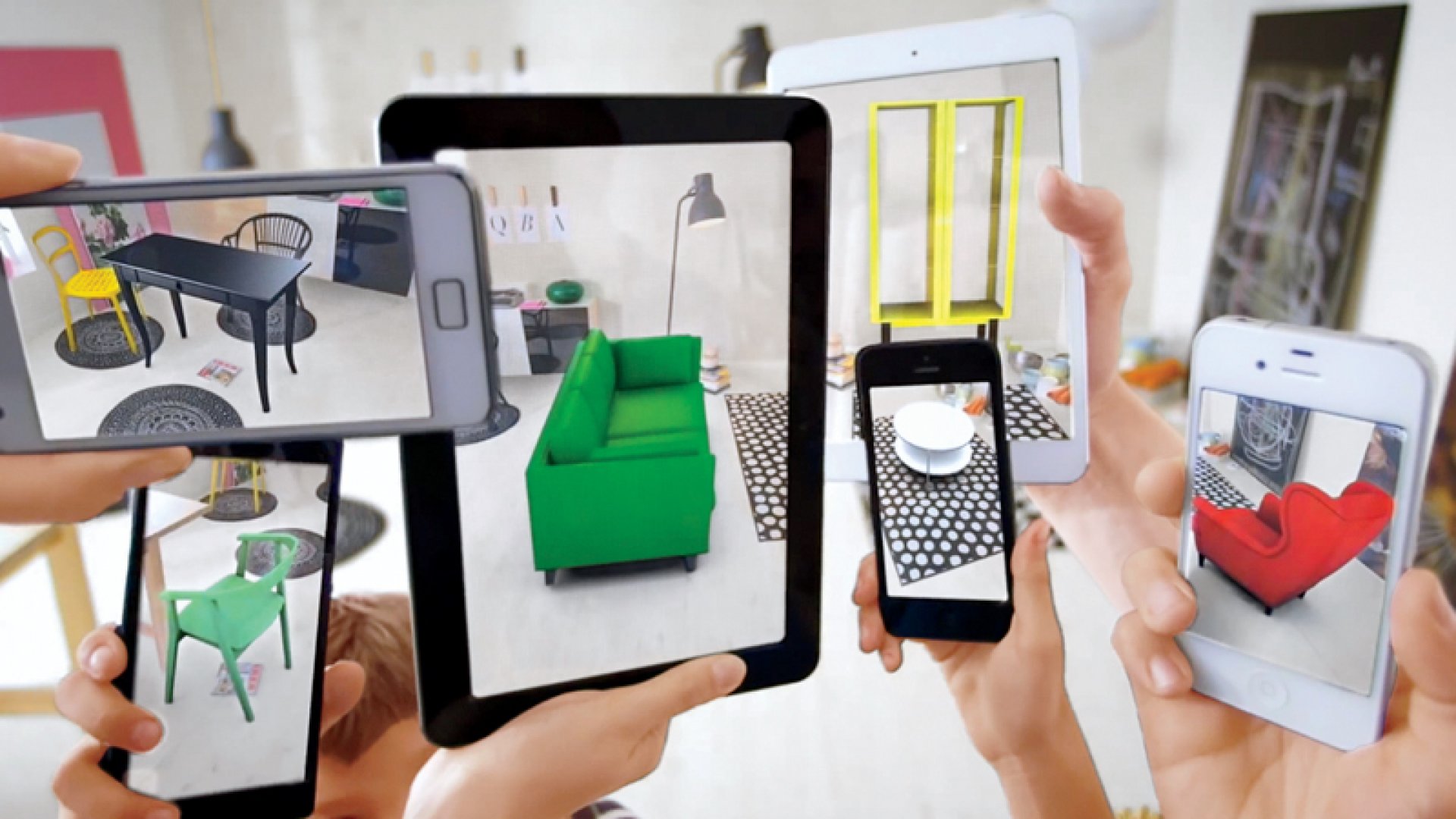
Interactive Product Demonstrations:

Augmented reality empowers customers to engage with products virtually, allowing them to try them before they buy them. AR apps enable users to visualize products in their own environment, see how they look in different settings, and explore features in greater detail. This interactive approach enhances the shopping experience and increases customer confidence in making purchasing decisions.
Gaming and Gamification:
AR transforms marketing campaigns into interactive games that capture customers’ attention and encourage engagement. Gamified experiences leverage AR technology to create immersive quests, challenges, and rewards, turning marketing campaigns into entertaining adventures. This approach boosts customer engagement, reinforces brand loyalty, and extends the reach of marketing efforts.
Social Sharing and Storytelling:
Augmented reality campaigns often encourage users to share their experiences with friends and family on social media platforms. Social sharing is a powerful tool for word-of-mouth marketing, as positive user-generated content generates excitement and curiosity among potential customers. AR campaigns that align with social sharing trends effectively leverage the network effects of social media to amplify their impact.
Personalization and Customization:
AR technology allows brands to create highly personalized marketing experiences that cater to individual customer preferences. By collecting data from AR interactions, marketers can tailor product recommendations, offers, and messaging to each customer’s unique interests and demographics. This personalized approach enhances the customer experience and leads to higher conversion rates.
Event Activation and Experiential Marketing:
Augmented reality is a game-changer for event activations and experiential marketing campaigns. By incorporating AR into events, brands can create immersive environments, interactive exhibits, and engaging digital experiences that leave a lasting impression on attendees. AR transforms events into memorable, shareable experiences that strengthen brand connections and generate buzz.
In conclusion, augmented reality is a revolutionary marketing tool that empowers brands to connect with customers in innovative and engaging ways. By overlaying digital information onto the real world, AR creates interactive experiences that capture attention, drive engagement, and foster customer loyalty. As AR technology continues to evolve, marketers will find new and creative ways to utilize its capabilities to create immersive and unforgettable marketing campaigns.
